The italics is strong in this one!
,
breathe
spirit
in
each
stroke
I cheated a little in this one, moving some of the words in the box to fine tune the composition. I never feel great about digital manipulation, but as time passes, I feel less guilty about it.
,
dirt
our
home
to
be
I love how the colors came out on this one, especially the inversion of the colors with the words.
,
a
chain
of
black
daisies
This 5WP was banked on inverting colors in the computer, but the image of a black daisy won out.
,
spring
forward
lose
an
hour
It's interesting to revisit the layering of colored words months after graphing the pieces.. Clearly the top example was the best, but it took a few shots to explore the possibilities. I often compare calligraphy to hitting the slots.
The greatest thing about the constant practice is that once I land on a good composition, I am supremely confident than I can get it right. Unlike the previous Inktober, I don’t worry about whether I can replicate a good turn of hand from a practice sheet onto the final sheet.
,
try please love
turn vulnerable
unraveled sweater
we broken burden
alive date
new fresh chapter
More play with italics.
,
I am constantly in awe of the Monkey King. I never thought I had any affinity to superheroes until I saw my kids watch old Sun Wukong videos and read the books myself.
Then I realized I did have a favorite superhero all along, planted when my mom would read little stories from old Chinese picture books to me and my sister when we were little kids.
Cya next time!
,
PS—Monkey King, Wu Cheng'en, trans. Julia Lovell, 2021
I'm typically too snobbish to read abridged versions, and now I've gone through two of them with the Walden audiobook and this Lovell translation.
In some ways it hearkens to the proscribed system in How to Read a Book where one takes multiple passes at varying levels of detail. I'm pretty good at skimming books, but it certainly helps when someone has done that work for you.
As for this book itself, it's one heck of a story. The introduction warns you that this is satire, and it follows through on the promise. The Taoists are venal, the heavenly bureaucracy is minimally competent, the Buddhists aren't much better, and I don't think there is a single happy marriage in the book. Our gang of pilgrims are least dysfunctional bunch of the lot, which isn't saying much.
As an abridged book, some of the stories are cut as was most of the poetry, which seems to be a distinctive aspect of the original novel. But that's all good, it’s a fun read and it enticed me to read an unabridged version. Hard to give it higher praise than that.
After reading an unabridged translation by Anthony C. Yu, I must admit that cutting out the poetry quite impoverishes the experience. As much as I appreciate that this abridged version introduced me to the original, without the poetry it’s like reading a screenplay and ignoring the movie.
,
PPS—A Field Guide to Roadside Wildflowers at Full Speed
Any excuse to bring up this gem makes it a good day.
,
PPPS—New Tales of the Monkey King
I guess this TV show was a fun romp.
I don't particularly mind the cultural appropriation because it’s way different than the original book and it's Australian. I got enough problems in my own continent, I can't get bothered over what they do on the other side of the globe.
But the first season was just OK. It certainly wasn't anything that I would have watched without its nominal relationship to the 西遊記.
Yeah there's a monk and his/her three disciples. The disciples are all gods in exile, and there are demons in this world, but then it goes off into its own universe.
Unlike the clear heavenly imperium of the original, the screen writers went for a good versus evil mega-battle—the bane of all superhero comic book movies. It's a complete change from the original book. Instead of four folks on a long journey, they've been dumped into a Manichean struggle.
Even so, I enjoyed watching how they took an old story and modernize it to a contemporary popular medium. I can't fault them for taking inspiration from the source and blazing their own trail.
But I must quibble with their depictions of Monkey and Tripitaka.
Monkey is depicted as a vain illiterate creature in this show. He's certainly vain, but he's a fucking badass. He's quite literate, he should always be depicted as a Superman.
I'm fine that they recast Tripitaka a woman. One of the problems in the original story is that it's a sausage fest. However, the screenwriters are much too kind to Tripitaka whose defining feature should be his helplessness. I dislike that she even learned kung fu in this show. I get that they are trying to avoid the damsel in distress, but if so, they should have chosen a different character to gender shift.
My the ultimate judgement?
I never watched Season 2.
I don't regret the time spent on the first ten episodes, but if I want to know what happened on this TV show, I'll just read the Wikipedia synopsis.
,
PPPPS—Practice
.



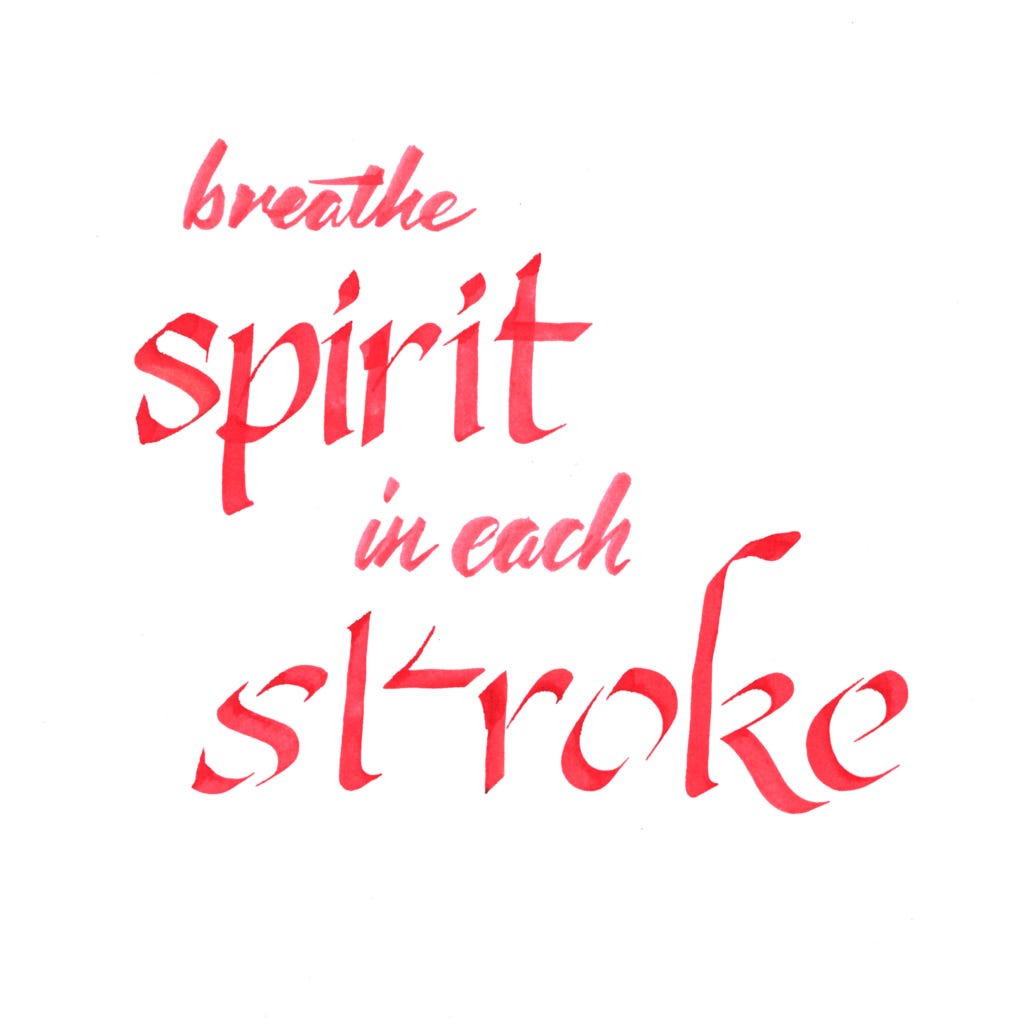
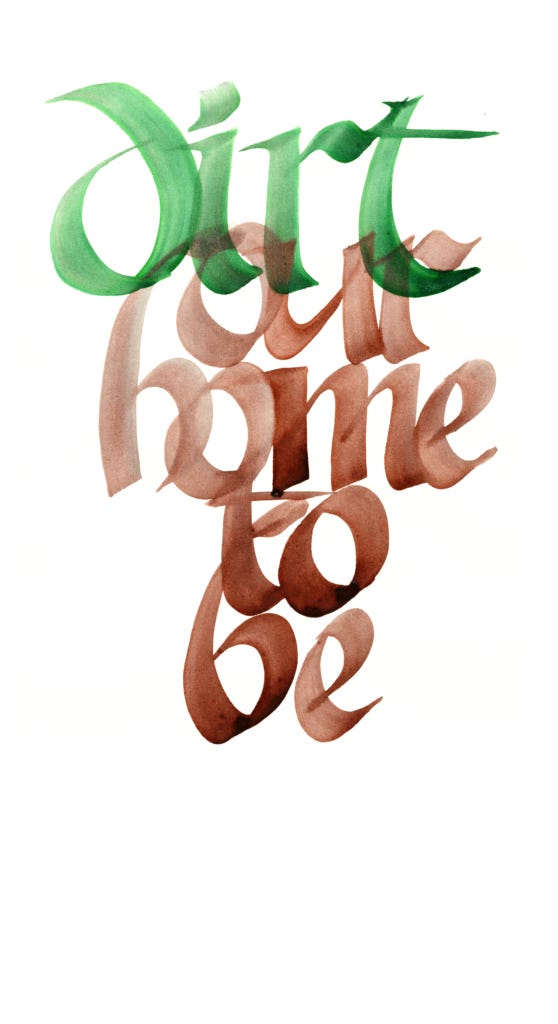
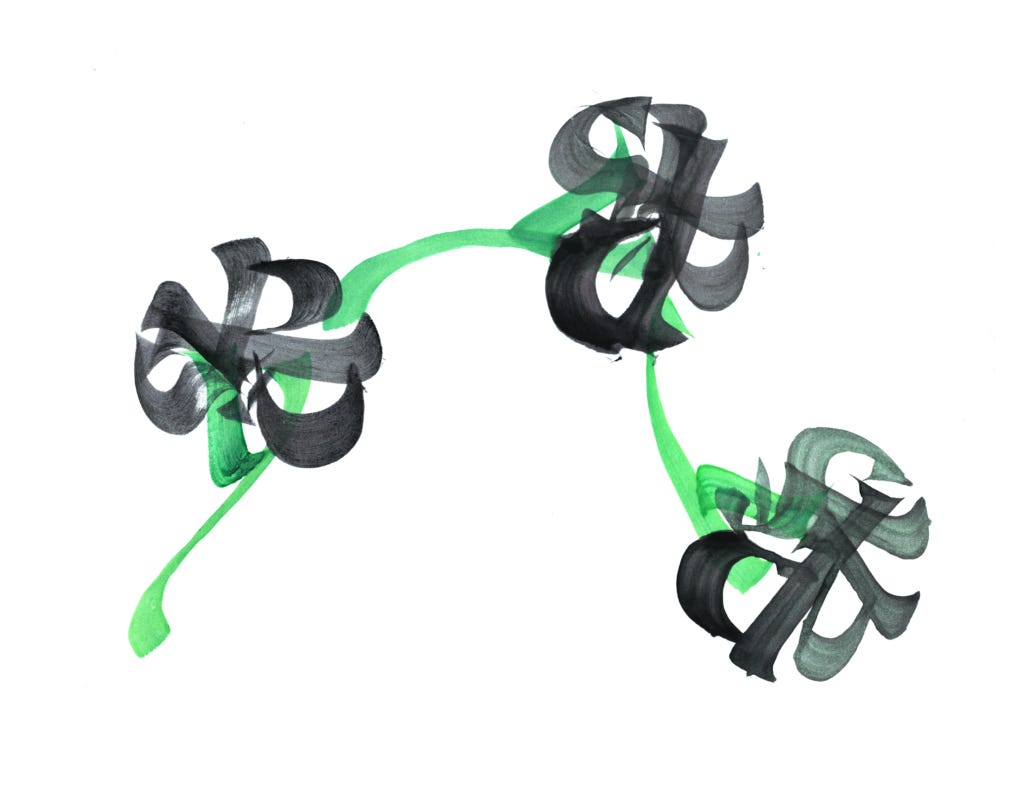
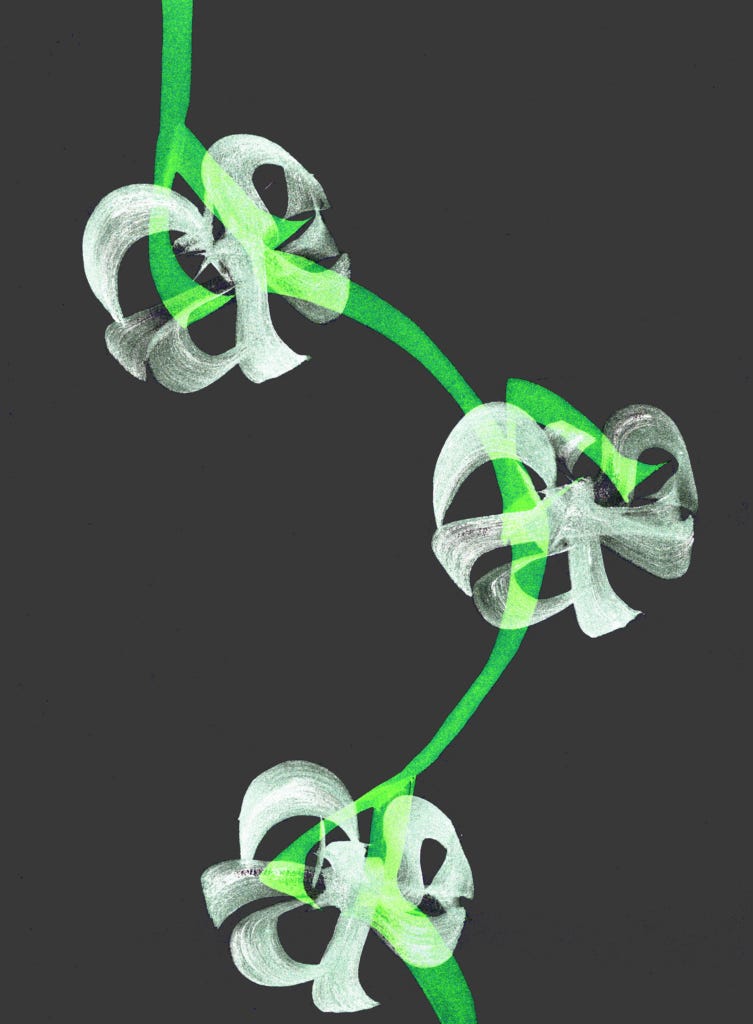
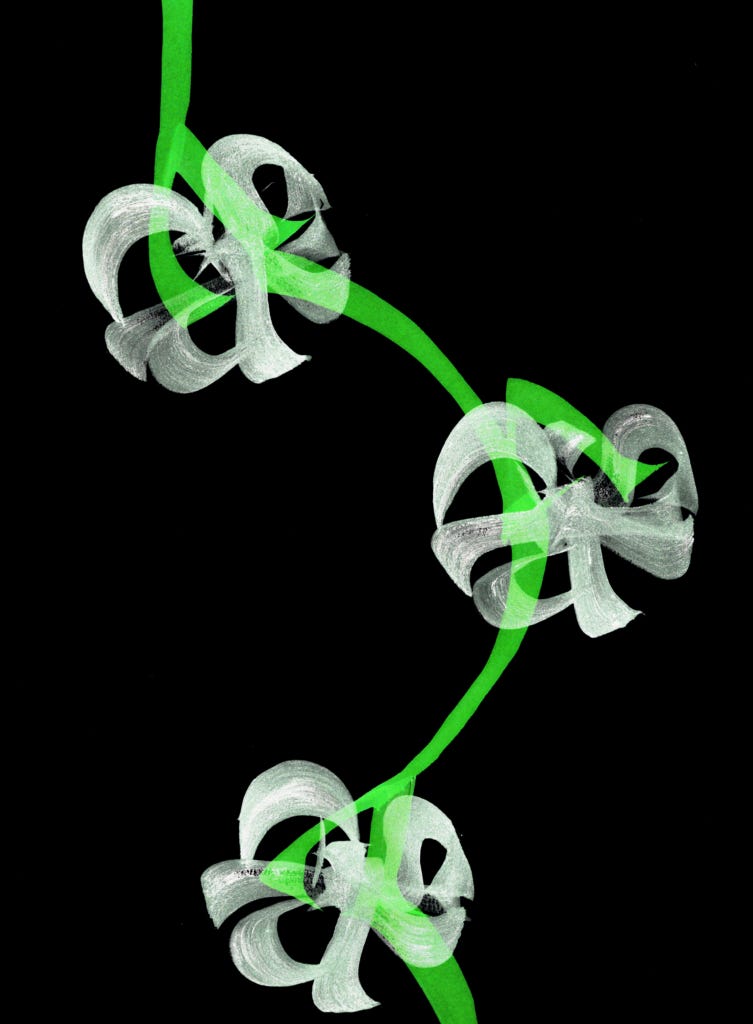
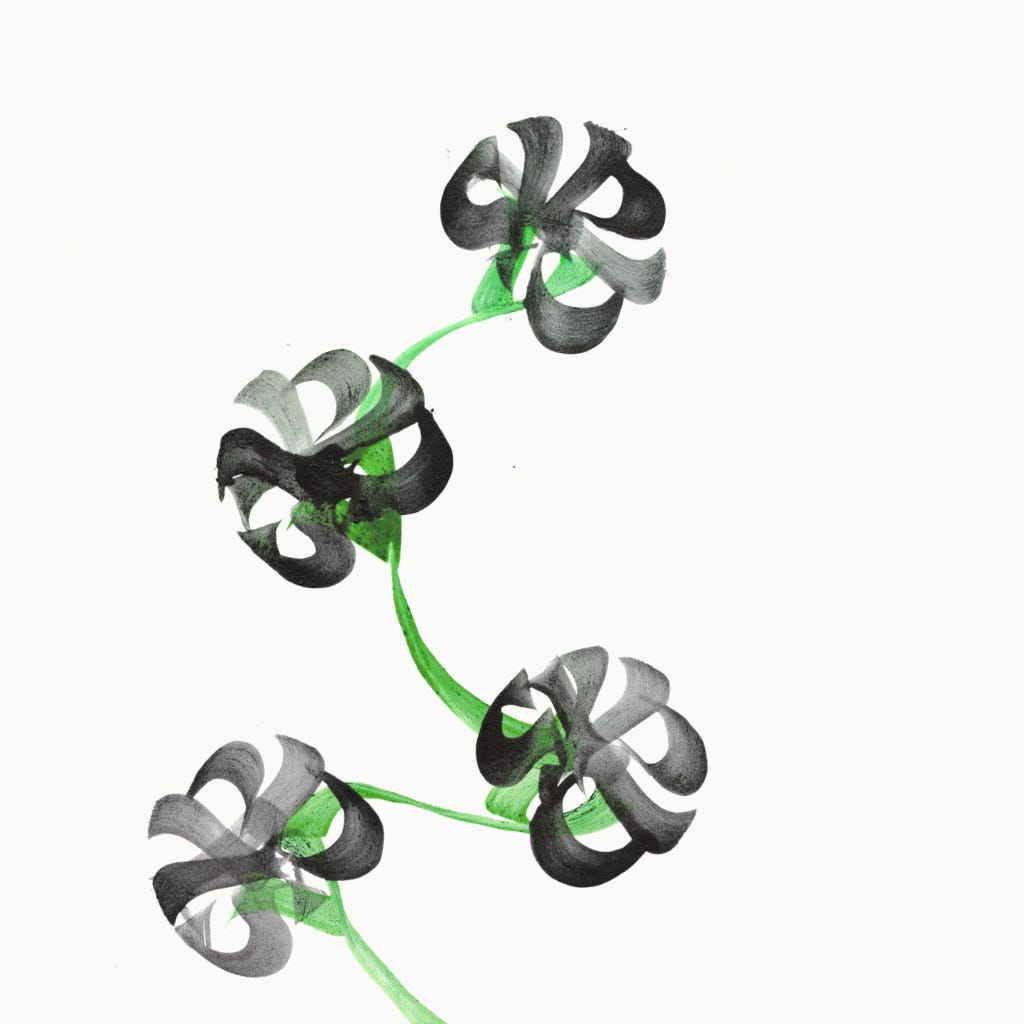
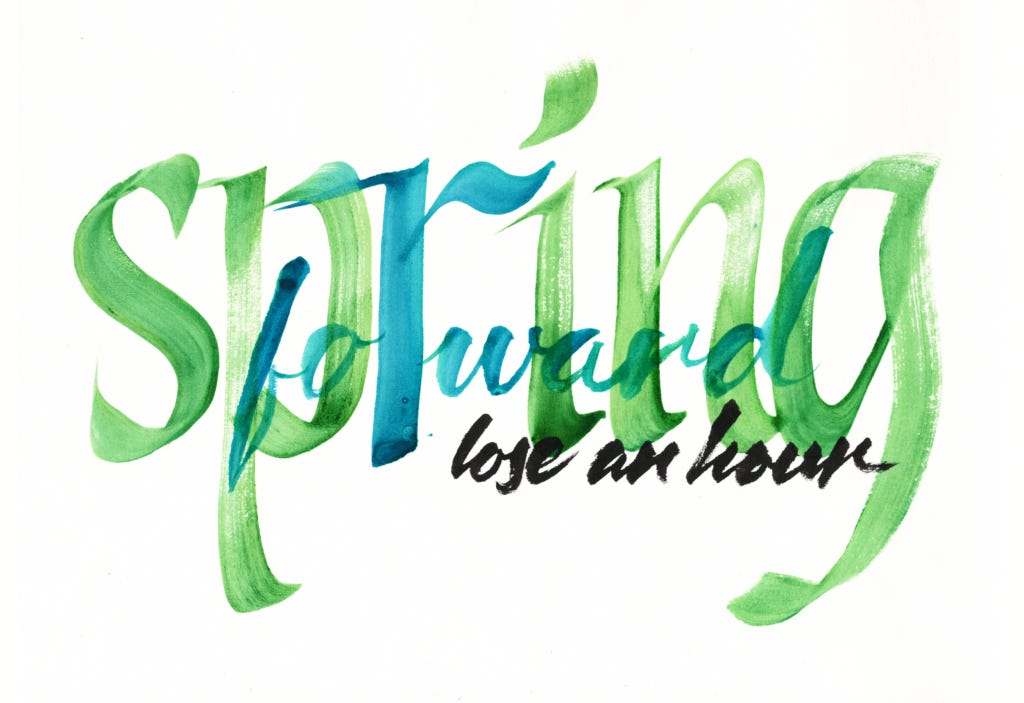
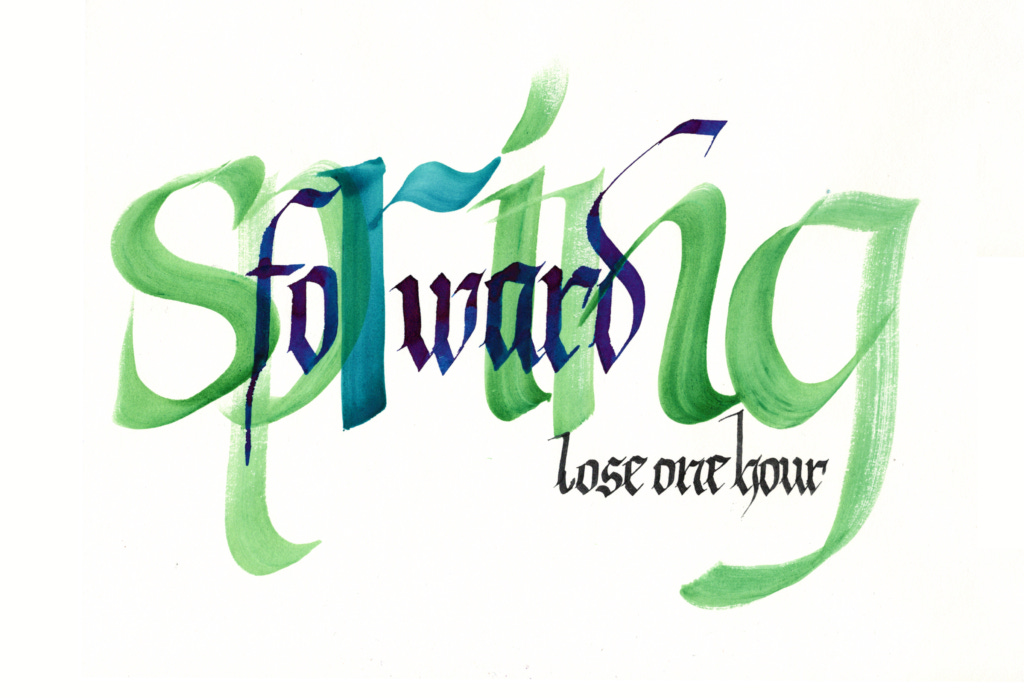
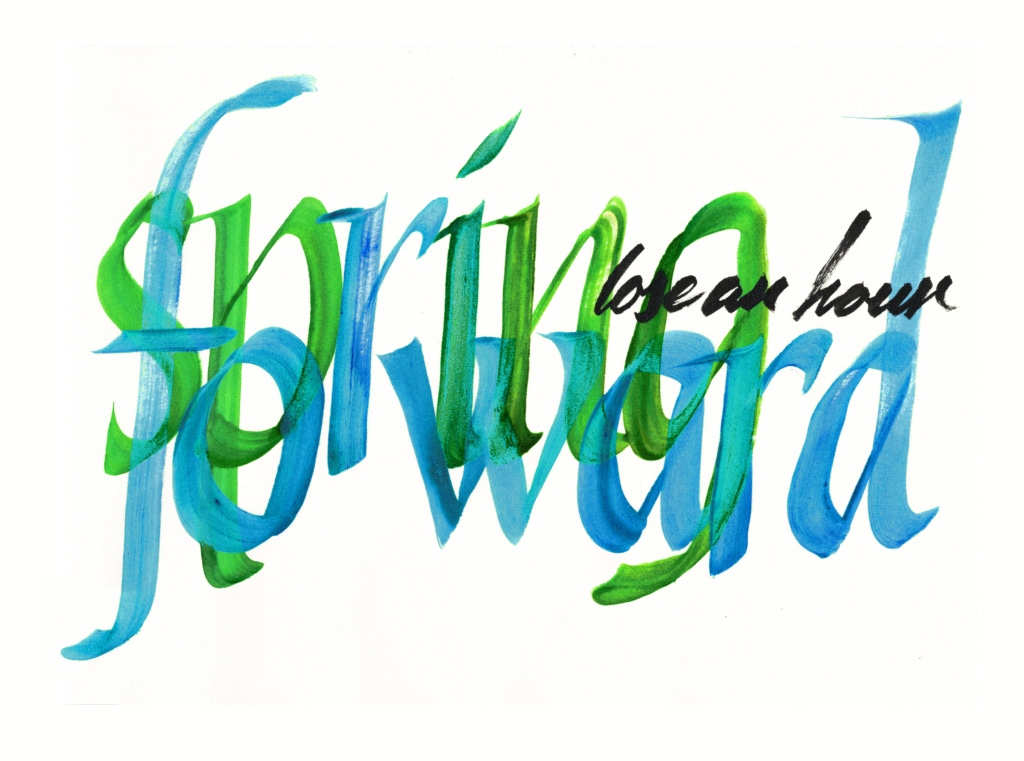
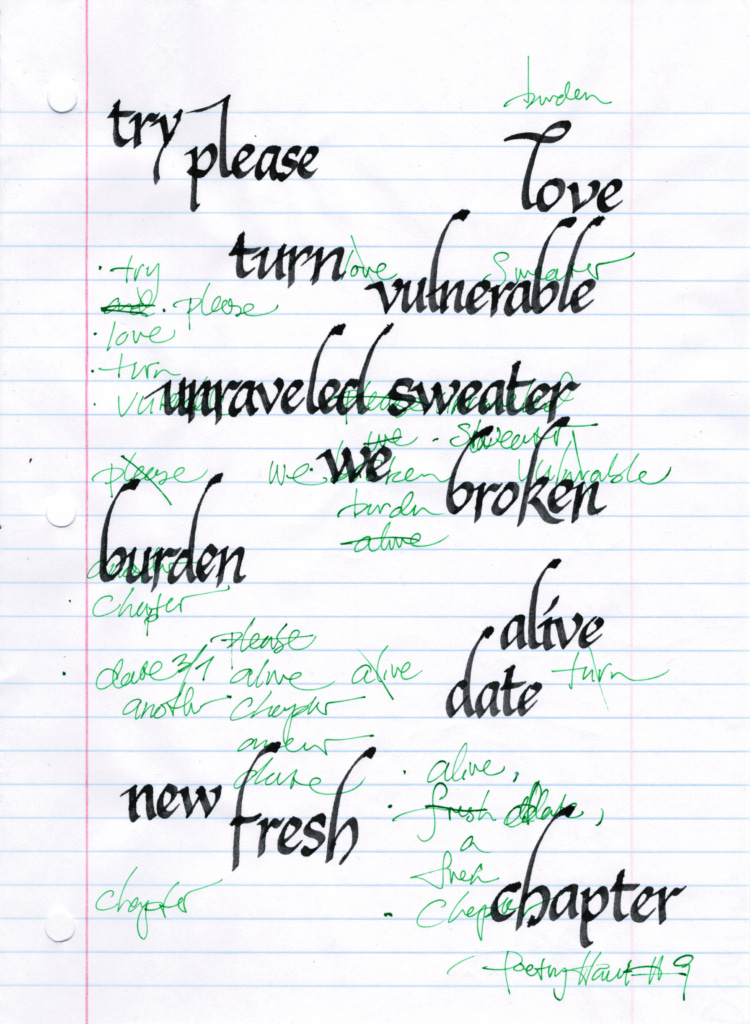
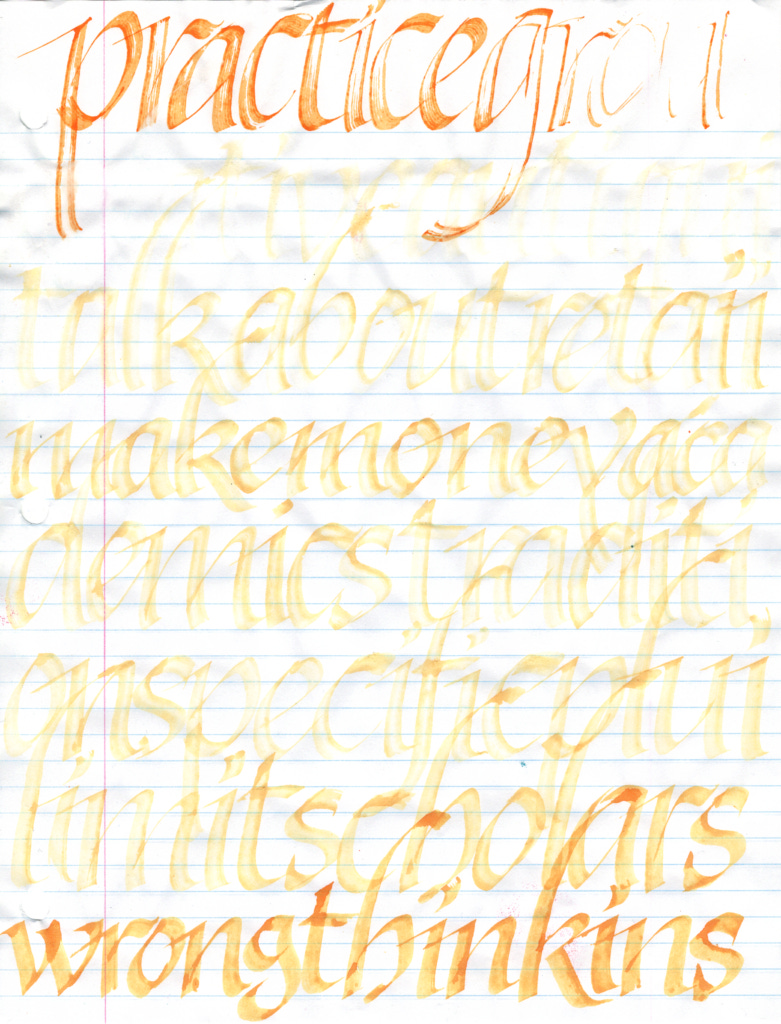
Interesting stuff today, Justus. I'll have to look into the Monkey King. Also, thank you for making the GEM downloadable. I loved it. Had a good cackle a the photos as well. I love a wildflower book with good photos of the plants and this one is definitely one of the more precise and comprehensive I've seen. 😉